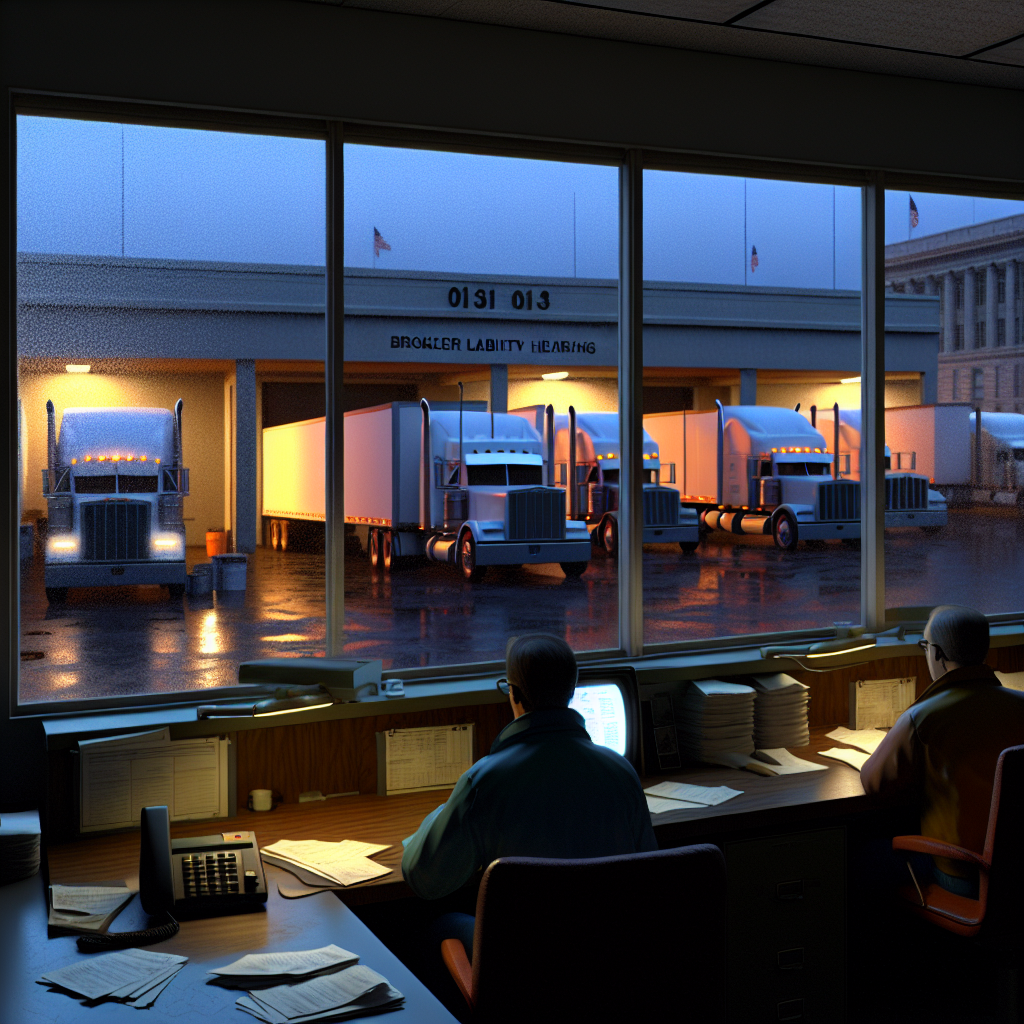The fight over whether freight brokers can be sued for negligent carrier selection is back at the Supreme Court’s doorstep — and the party opposing Total Quality Logistics (TQL) is telling the justices to hold off. In a filing responding to TQL’s petition, the plaintiff urges the Court to let the legal questions “percolate” further in the lower courts rather than step in immediately, arguing that additional appellate rulings would sharpen the issues and avoid a premature, one‑size‑fits‑all ruling for the trucking sector. This comes in the high‑stakes sequel to a Sixth Circuit decision that revived a negligent‑hiring claim against TQL by reading the Federal Aviation Administration Authorization Act’s safety carve‑out broadly enough to reach broker conduct.
What’s at stake for trucking: if the Supreme Court stands down for now, the patchwork will continue — brokers operating in Ninth and Sixth Circuit states will face greater exposure under state tort law, while those in Seventh and Eleventh Circuit territory will keep stronger preemption defenses. That geographic divide complicates daily choices brokers make about carrier vetting, lane planning and contractual risk‑sharing with shippers and motor carriers. It also influences how fleets present their safety records to win freight in tougher jurisdictions and how insurers price liability coverage tied to brokered loads.
The plaintiff’s “let it percolate” stance matters operationally because it signals more near‑term litigation at the trial and appellate levels — not quick, national clarity. For brokers, that means continued investment in documentation and due‑diligence systems; for carriers, more questions from brokerage partners on safety scores, inspections and corrective actions; and for shippers, tighter language around indemnity, tender criteria and exceptions when capacity is tight.
The industry is already pivoting to that reality this week. On September 16, the Truckload Carriers Association hosted a legal‑risk webinar led by transportation counsel focused on compliance, risk mitigation and safety culture — a timely signal that fleets expect the broker‑liability debate to influence day‑to‑day practices regardless of when (or whether) the Court intervenes. Sessions like this typically steer executives toward sturdier audit trails for carrier selection, clearer playbooks for when to decline tenders, and closer alignment between safety and sales teams so that vetting discipline isn’t sacrificed to meet service windows.
Business policy circles are also preparing members for a consequential Court calendar. On September 18, The Conference Board is briefing executives on the new Supreme Court term’s implications for companies — an acknowledgment that decisions about federal preemption and state tort authority can ripple through cost of capital, insurance markets and contracting strategy in logistics just as much as in other sectors. Even if the broker‑liability question isn’t argued this term, grant or denial decisions later this month will shape how much longer trucking must navigate a multi‑standard map.
What to watch next: a denial would extend the status quo and push brokers to harden carrier‑vetting protocols market‑by‑market; a grant would put the FAAAA safety exception squarely before the Court and could reset the liability landscape nationwide. Either path carries costs — in legal spend now or in potential liability later — but both reward brokers and carriers that can prove a disciplined safety selection process with contemporaneous records.
Sources: FreightWaves, Truckload Carriers Association, The Conference Board
This article was prepared exclusively for TruckStopInsider.com. Republishing is permitted only with proper credit and a link back to the original source.





